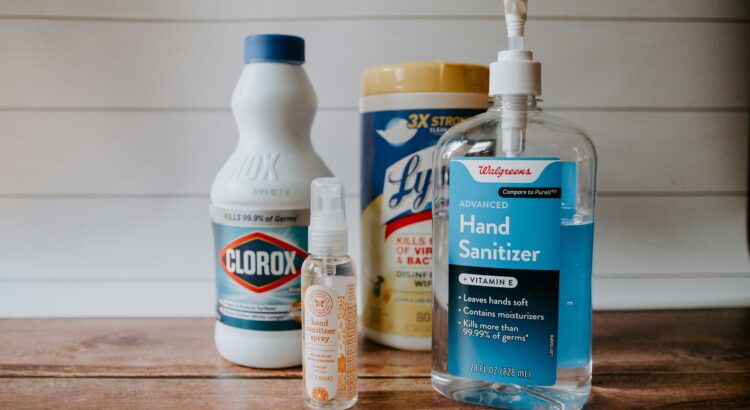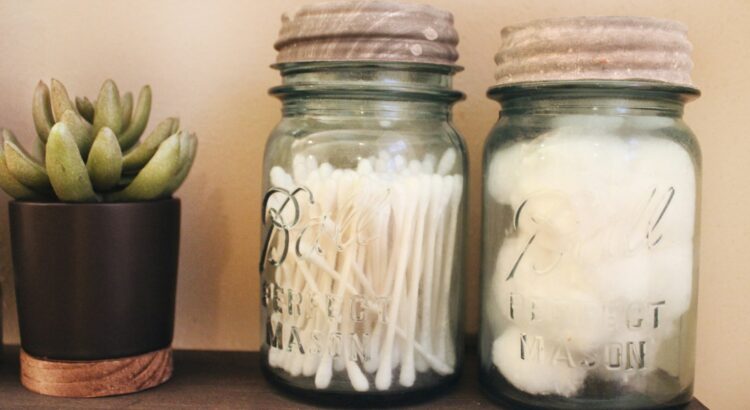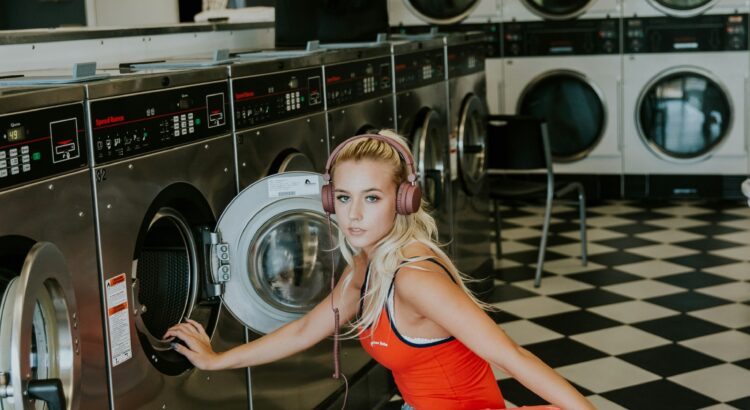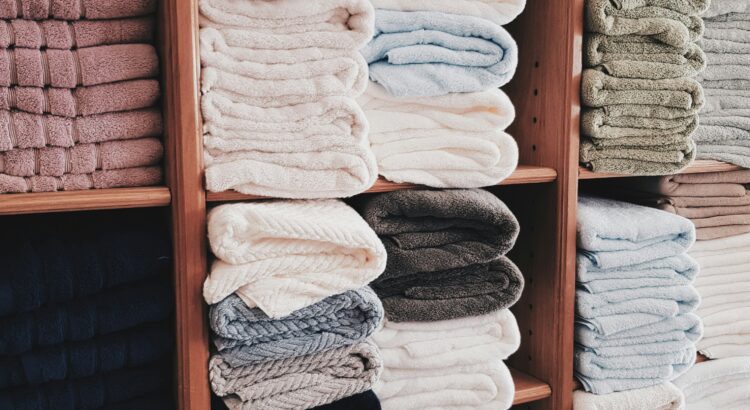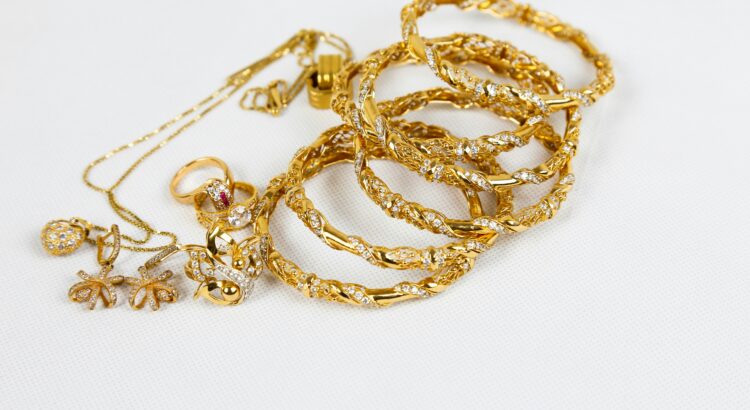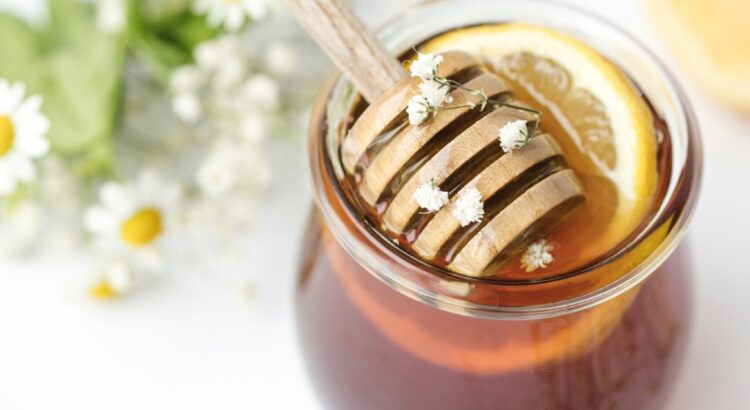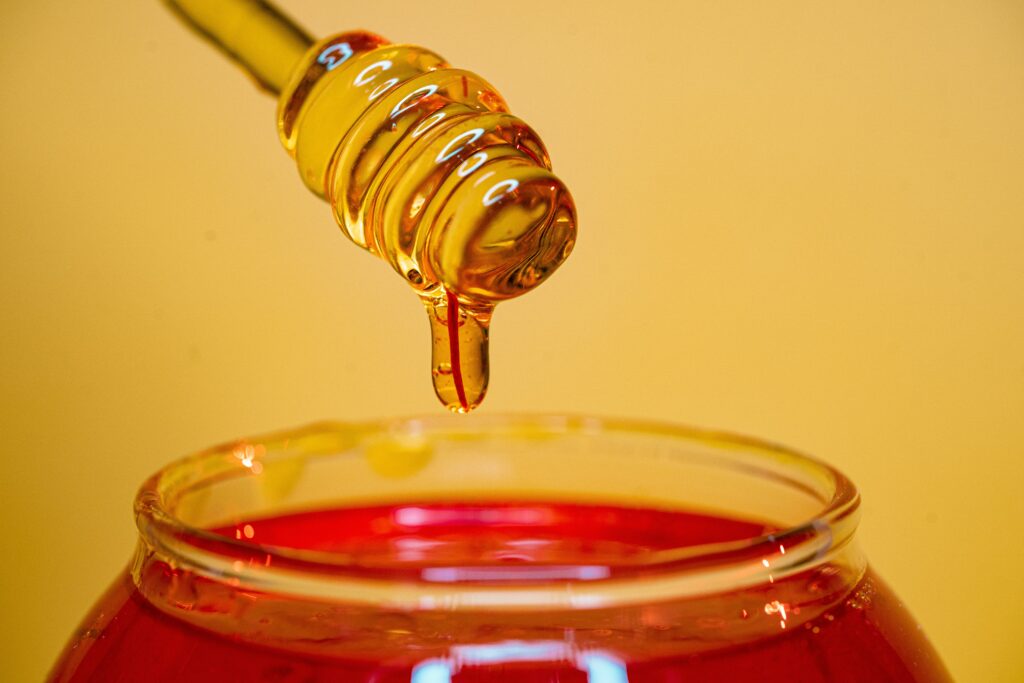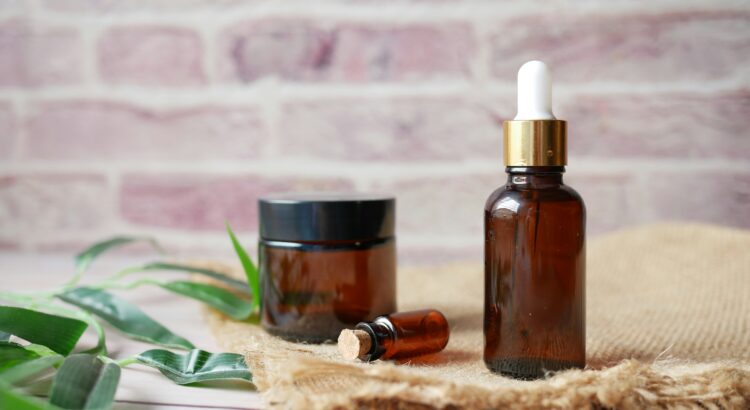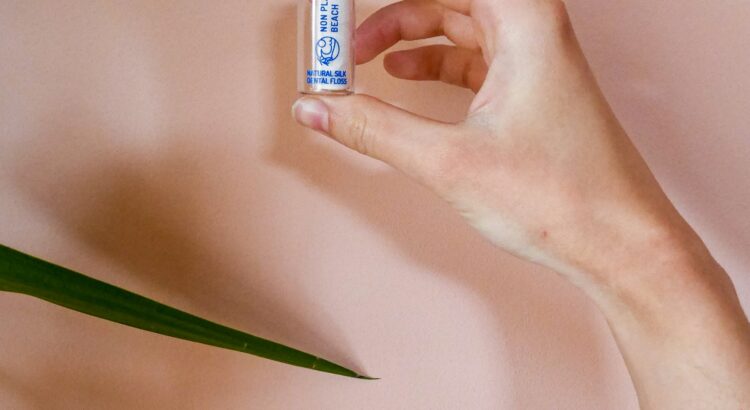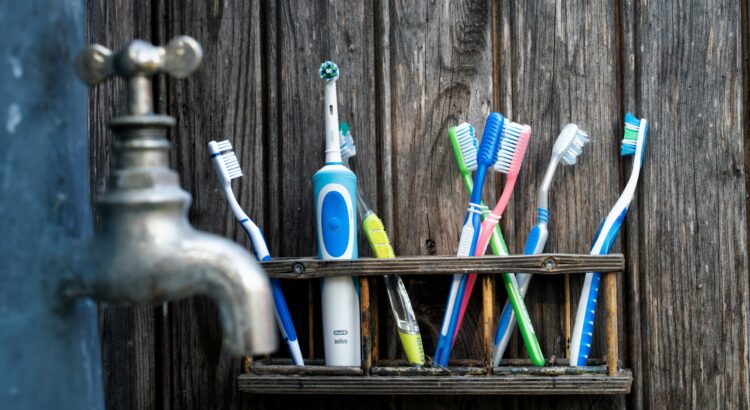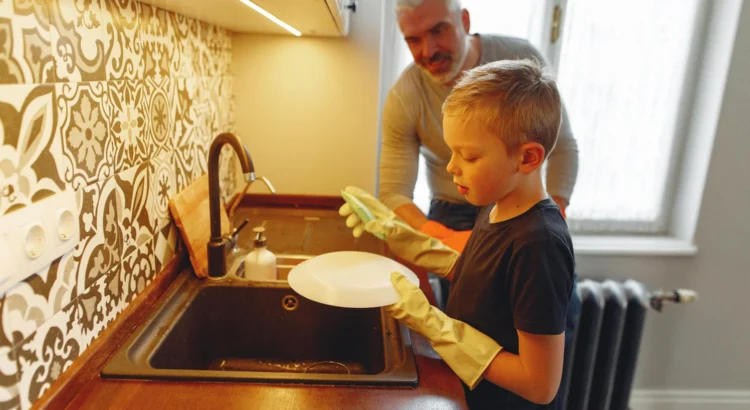Please read the following post for important information on how I’ve chosen my recommendations:
TLDR: Bleach is bad for you and the environment. Only use it if someone is sick with a SPECIFIC illness, and you need to kill SPECIFIC* harmful germs. (For example, you don’t need bleach to kill COVID. https://www.nationalgeographic.com/science/article/why-soap-preferable-bleach-fight-against-coronavirus)
Why you should care: Y’all, I read the studies, and there are SO many ways that bleach gets into our household environment and causes problems. It’s mind-blogging!
What you should buy: You don’t need bleach. Seriously. https://www.maids.com/blog/how-to-sanitize-laundry-without-bleach/
Y’all, I have been using bleach in my white loads for AGES. I guess I knew it was bad but didn’t really think about it practically.
Bleach does lots of stuff. It means you can save energy because you don’t have to wash your clothes with hot water to kill microbes. It gets rid of stains and makes your clothes look whiter/brighter.
Fun fact, bleach makes stuff look white because it stays on your fabric and gives off light. So when you look at the fabric, it gives you the impression that it’s whiter or brighter. OMG! https://www.mdpi.com/2071-1050/16/20/9084 However, a key part of this is that it STAYS on your fabric and can get trapped there for more than a year. That’s not a good thing to have rubbing against your skin.
So do we really need bleach? Not really. Only for killing certain bacteria.
Using bleach is like hiring a giant bar bouncer. It’s great if you actually need muscle. But most bacteria aren’t in the big leagues. And you don’t need a bouncer to break up a scuffle on the kindergarten playground.

Most bacteria gets killed by your washing machine’s regular detergent and a spin in the dryer. However, there are some cases like rotavirus (diarrhea and vomiting), which needs hot water over 60 °C, detergent AND you can use bleach sanitizer.
NOTE: Wash your hands immediately after doing laundry and don’t touch your face. Store dirty clothes in a dry place, which will discourage bacterial growth. Remember that bleach only lasts for three months.
https://academic.oup.com/jambio/article/132/2/1435/6716105
Bleach tends to cause a lot more problems for the average homeowner than it solves. It gets into rivers and hurts aquatic life. It messes with our public water system. It reacts with a whole bunch of different chemicals we have in our air and furniture to create nasty stuff that gets into our body through skin or breathing or eating.
Seriously, it creates a LOT of chemicals that stay in our house for years and can cause health problems. Even the EPA has this fact sheet: https://www.epa.gov/sites/default/files/2013-08/documents/factsheet_whatstheproblemwithbleach.pdf
Still want to keep your whites white? https://zerowastefamily.com/what-we-use-instead-of-bleach
*One of those very specific bacteria is norovirus. That’s a time where you actually do need to go to the store and get some bleach. https://www.youtube.com/watch?v=TAkH4jakLYA
Additional Reading:
https://www.sciencedirect.com/science/article/abs/pii/S0045653512013410
https://www.greenplanetscientific.com/greenplanet-scientific-blog/the-dangers-of-bleach-and-why-it-is-toxic.aspx
https://www.vdh.virginia.gov/environmental-health/public-health-toxicology/bleach/
https://record.umich.edu/articles/clean-results-u-m-researchers-learn-how-bleach-kills-bacteria/
https://www.bobvila.com/articles/disinfecting-with-bleach/
https://www.ncbi.nlm.nih.gov/books/NBK441921/
https://www.degruyter.com/document/doi/10.3139/113.110464/html
https://academic.oup.com/jambio/article-abstract/122/5/1124/6714322
Photo Credit: featured image, Kelly Sikkema/in-post photo, Jack Finnigan
